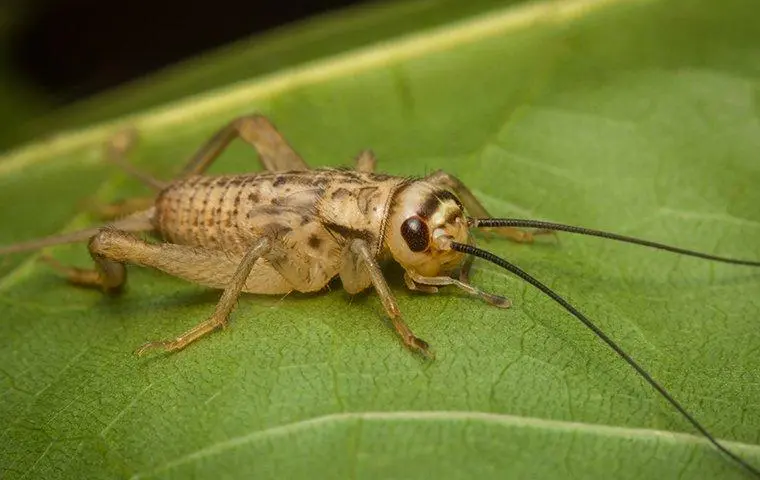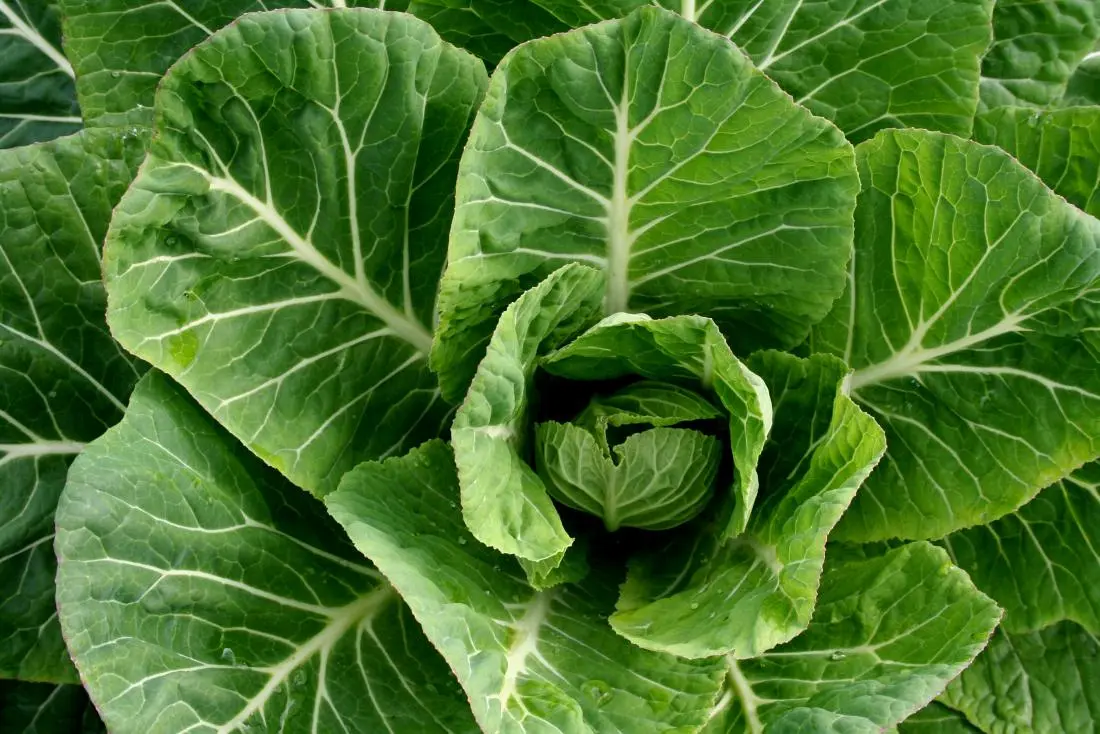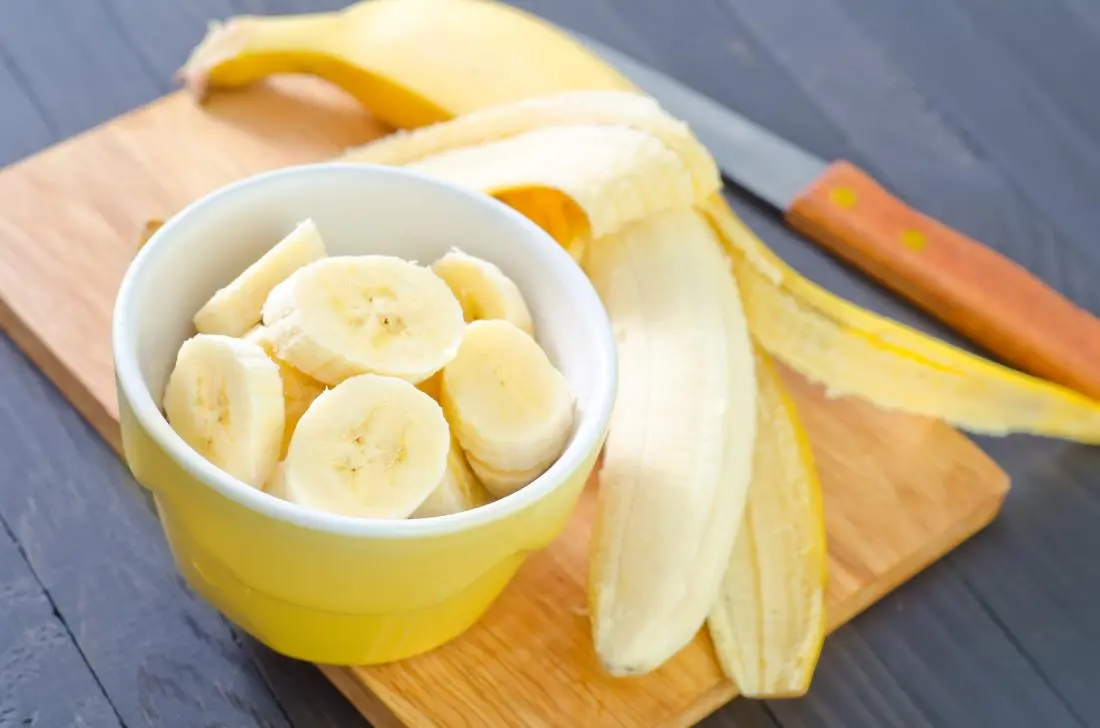Knowing exactly what to feed your bearded dragon can be tricky at first. After all, bearded dragons hail from the wild where they have a diverse natural diet of insects, plants and more. As pet owners, we try our best to replicate that varied diet while avoiding foods that may harm our scaly friends.
In this article, we’ve covered everything you need to know about what bearded dragons eat, from the types of insects and vegetables to feed them to the supplements they need to stay healthy.
1. Insects

Insects form an essential component of a bearded dragon’s diet, particularly for juveniles that need higher protein for growth. Make sure the insects are clean and uninfected by parasites. Insects to consider including in their diet include:
- Crickets: These are a staple in a bearded dragon’s diet given their high protein content. Be sure to dust them with a suitable supplement before feeding.
- Roaches: Not every owner’s first choice, but these insects are highly nutritious. Dubia roaches, in particular, are ideal as they aren’t household pests and possess a high protein content.
- Mealworms: These worms are rich in protein but should be fed sparingly due to their high-fat content. They are much better suited to mature bearded dragons.
- Waxworms: To be fed as treats only due to their high-fat content. Over-feeding can lead to obesity.
- Earthworms: These are a nutritious and easily digestible feeder insect. A great source of lean protein.
- Superworms: Larger and more fattening than mealworms, these can be a good addition in moderation.
Remember, the general rule is to never feed your bearded dragon any insect (or anything in general) that is larger than the space between its eyes.
2. Vegetables

Vegetables form a core part of a bearded dragon’s diet, supplying vital vitamins and minerals, and contributing to hydration. They significantly influence the overall health, growth, and longevity of your dragon. The following vegetables are safe for your bearded dragon:
- Collard Greens: High in calcium, vitamin K, and A, collard greens are a fantastic choice. Their hearty leaves are perfect for easy consumption while providing fiber for healthy digestion.
- Mustard Greens: Mustard greens, rich in vitamins A, C, and K along with calcium, are a nutritious option. They also provide a good source of dietary fiber.
- Turnip Greens: Turnip greens are packed with essential nutrients, including vitamins A, C, K, and several B vitamins, as well as calcium and manganese.
- Escarole: Escarole, a type of endive, serves as a rich source of vitamin A, C, K, and folate. Also, it has a moderate calcium content favoring the calcium to phosphorus ratio.
- Butternut Squash: Butternut squash serves as a fantastic treat, loaded with vitamins A, C, E, and B-vitamins. Its calcium and potassium content aid the overall bodily functions and bone health.
- Zucchini: Zucchini is a great low-calorie vegetable that provides vitamins like C, K, and B6, along with minerals like potassium and manganese.
- Bell Peppers: Bell peppers, in their variety of colors, offer diverse nutrients. They are rich in vitamins A, C, E, B6, and folate. They are also an excellent source of antioxidants.
- Carrots: High in vitamin A, which means it should be served in moderation, carrots are beneficial due to their contribution to eye health, skin health, and immune system functioning.
Proper Preparation of Vegetables
Vegetables should be fresh and thoroughly washed. Then chop the veggies into small, manageable pieces to prevent choking in your dragon. That’s all!
3. Fruits

Fruits can provide essential vitamins, minerals, and hydration for your beareded dragons. They, however, should only comprise about 10-20% of their diet as they contain sugars that, while natural, are still more than what they get from their predominant diet of insects and vegetables.
With that said, the following are safe fruits for your dragon:
- Apples: Apples are a good source of dietary fiber and vitamin C. Always remember to remove the seeds before feeding them to your dragon.
- Bananas: These are densely packed with nutrients, providing significant amounts of potassium, vitamin C, and dietary fiber. However, due to their high phosphorus content, which can interfere with calcium absorption, bananas should be given only sparingly.
- Berries: Strawberries, blueberries, and raspberries are all safe for bearded dragons, particularly rich in antioxidants and vitamins. These fruits should be offered in moderation due to their sugar content.
- Peaches: These fruits are a good source of essential nutrients, including vitamin A and dietary fiber. Avoid canned peaches as they often contain added sugars.
- Melon: Watermelon, cantaloupe, or honeydew can support hydration thanks to their high water content. These fruits are also rich in vitamins A and C but should be given in moderation because of their high sugar content.
- Grapes: Grapes, whether red, green, or black, can serve as a delicious treat that offers hydration and various nutrients, including vitamin K and antioxidants. Always chop them into small pieces to prevent choking, and avoid feeding your bearded dragon grape seeds or raisins.
How to prepare fruit for bearded dragons
The fruit(s) should be fresh and thoroughly washed to remove any potential pesticide residue. Ideally, the fruit pieces should be cut small, no larger than the space between the bearded dragon’s eyes to prevent choking.
How often should I offer fruits to my dragon?
Due to the high sugar content, fruits should only be offered once or twice in a week, serving more as treats than staple food.
4. Foods to Avoid
Even omnivorous as they are, there are certain foods that a bearded dragon should not consume, either due to their toxicity or indigestible nature:
- Avocados & Rhubarb: These are toxic to bearded dragons and should be avoided.
- Fireflies: Even a single firefly can be lethal to a bearded dragon.
- Lettuce: Despite their fondness for leafy greens, lettuce is nutritionally empty and may cause diarrhea.
- Spinach & Beet Tops: These foods are high in oxalates that bind calcium, leading to potential health problems.
- Citrus Fruits: These are too acidic for bearded dragons and can cause serious health problems.
Final Thoughts
Finally, providing a balanced and nutritious diet is crucial for the health and wellbeing of your bearded dragon. As we’ve seen from this article, a balanced diet for bearded dragons is one that consists of a variety of insects, vegetables, fruits, and supplements is essential to meet their dietary needs.
By following these guidelines, you can ensure that your bearded dragon is getting the best possible nutrition to live a happy and healthy life. Happy feeding!
